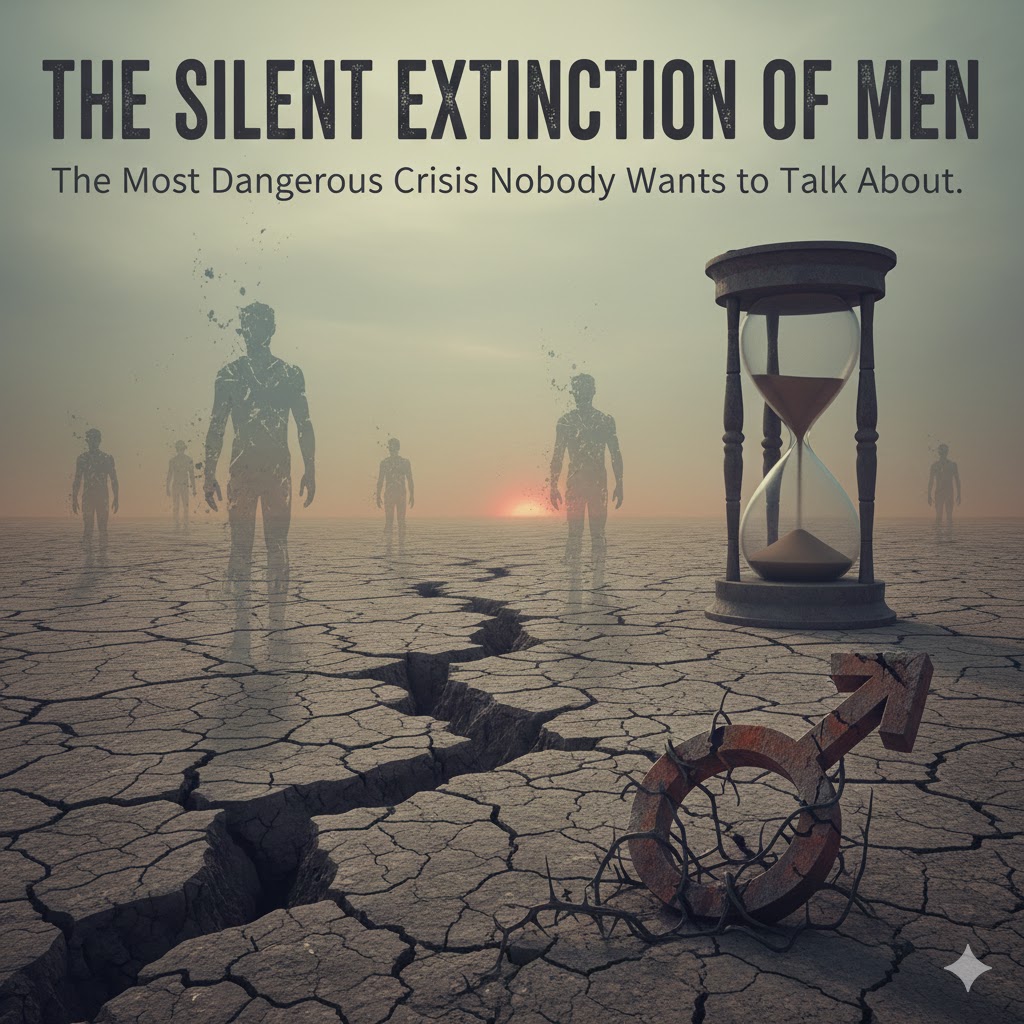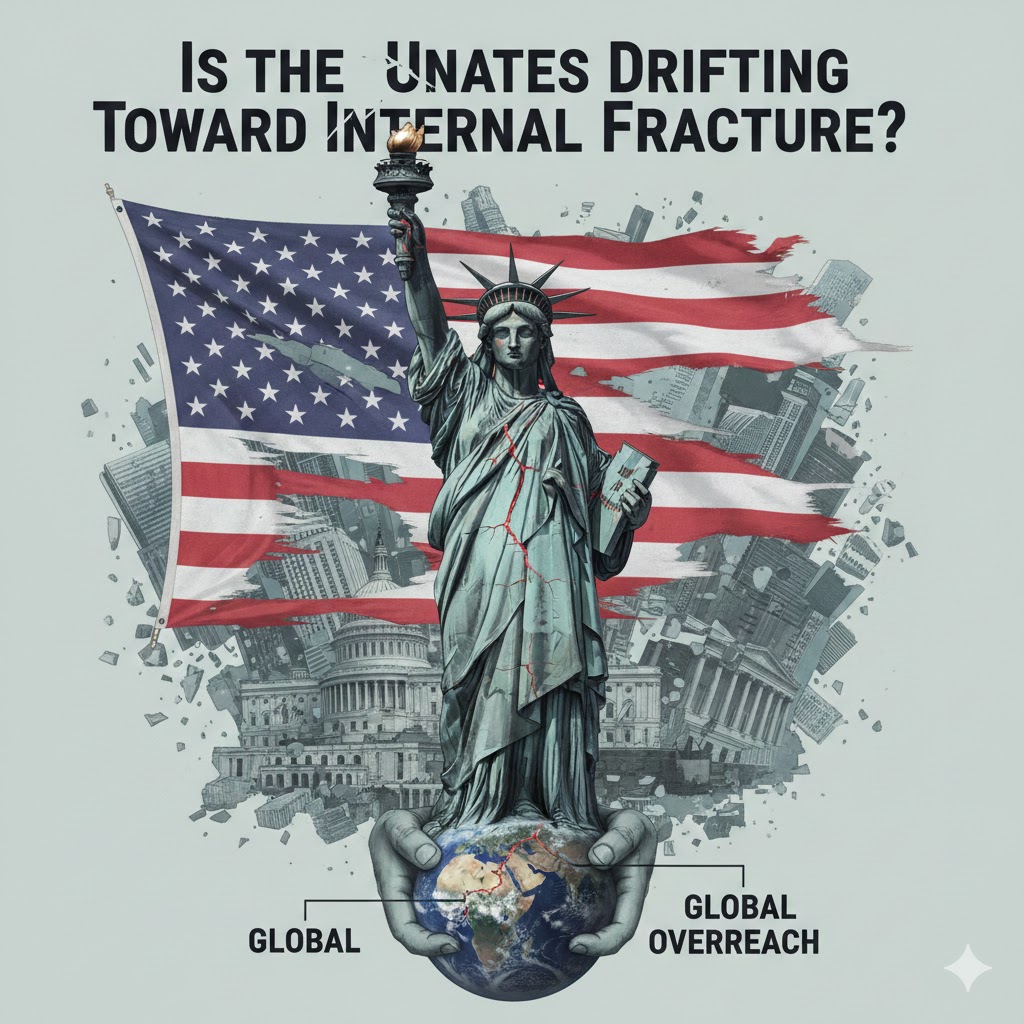Introduction
The Quran, as a religious text, is not primarily a scientific document, yet it contains numerous verses that touch upon natural phenomena and the cosmos. Some critics argue that the Quran’s cosmological descriptions are outdated or incorrect when viewed through the lens of modern science. This section aims to address these criticisms by examining common misconceptions and providing responses and clarifications from Islamic scholars. By exploring these debates, we can better understand the nuances of Quranic cosmology and its interpretation.
Common Misinterpretations and Criticisms
- The Creation in Six Days Critics often argue that the Quranic description of the universe being created in six days contradicts the scientific understanding that the universe’s formation took billions of years. This criticism typically arises from a literal interpretation of the word “day” (Arabic: “yawm”) in the Quran. Response: Islamic scholars have long debated the meaning of “yawm” in the context of these verses. Many argue that “yawm” can denote a period or epoch rather than a literal 24-hour day. This interpretation aligns with the concept that the universe’s creation occurred over long periods, which can be compatible with the scientific view of an evolving universe over billions of years. Classical scholars such as Al-Ghazali and contemporary scholars like Dr. Maurice Bucaille have emphasized the non-literal interpretation of these verses.
- The Expanding Universe Some skeptics question the Quranic assertion in Surah Adh-Dhariyat (51:47) about the expanding universe, suggesting that this interpretation is a modern retrofit rather than an original understanding. Response: Historical exegeses by scholars like Al-Razi have hinted at the notion of a vast, stretching universe. The modern scientific confirmation of an expanding universe by Edwin Hubble in the 20th century provides a striking parallel to the Quranic verse. Islamic scholars argue that the Quran’s language is often broad and metaphorical, allowing for interpretations that align with evolving scientific knowledge.
- Seven Heavens The concept of seven heavens mentioned in several Quranic verses is often seen as mythological and inconsistent with scientific models of the universe. Response: The term “seven heavens” (Arabic: “sab’a samawat”) is interpreted by many scholars as symbolizing multiple layers or dimensions of the universe. This concept does not necessarily conflict with modern astrophysics, which discusses multiple dimensions and layers of cosmic structures. Theologians like Ibn Kathir have interpreted these as metaphorical or symbolic, representing the complexity and vastness of the cosmos.
- Geocentric vs. Heliocentric Models Some critics argue that the Quran suggests a geocentric model of the universe, which is inconsistent with the heliocentric model established by modern science. Response: The Quran does not explicitly endorse a geocentric model. Verses describing the sun and moon’s movements are often poetic and aimed at highlighting the regularity and order of celestial phenomena rather than providing a detailed scientific explanation. Scholars like Dr. Zaghloul El-Naggar emphasize that the Quranic language is designed to be accessible and reflective, rather than a scientific treatise. The lack of specific mention of a geocentric model allows for interpretations consistent with current scientific understanding.
- Flat Earth Allegations Some critics point to verses that they claim suggest a flat Earth, arguing that this is contrary to the established scientific fact of a spherical Earth. Response: Verses that describe the Earth as “spread out” are often misunderstood. The Arabic term used, “sutihat,” can mean “spread out” in a manner that accommodates human habitation and does not imply a flat Earth. Classical scholars like Al-Tabari and Al-Qurtubi interpreted these descriptions as referring to the Earth’s surface being made accessible and habitable for humans. Additionally, other verses in the Quran allude to the Earth’s roundness, such as those describing the night and day cycles.
Clarifications from Islamic Scholars
Islamic scholars have provided extensive exegesis (tafsir) on these verses, offering interpretations that reconcile Quranic descriptions with scientific knowledge. Key points include:
- Contextual Interpretation: Scholars emphasize the importance of understanding the context and purpose of Quranic verses. Many verses are aimed at invoking reflection and recognition of divine creation rather than providing scientific details.
- Metaphorical Language: The Quran often uses metaphorical and allegorical language to convey profound truths, which can accommodate multiple layers of meaning, including scientific insights.
- Progressive Revelation: Some scholars suggest that the Quran provides guidance that is timeless and adaptable, allowing its verses to remain relevant as human knowledge progresses.
Debates within the Muslim Community
Within the Muslim community, there are diverse views on interpreting cosmological verses in the Quran. These debates are reflective of broader theological and philosophical discussions about the relationship between religion and science. Key points of contention include:
- Literal vs. Metaphorical Interpretation: There is an ongoing debate between those who favor a literal interpretation of Quranic verses and those who advocate for a metaphorical or allegorical approach.
- Integration of Science and Religion: Some scholars and scientists work towards integrating scientific discoveries with religious beliefs, while others maintain a more compartmentalized approach.
- Educational Implications: These debates influence how cosmology and science are taught in Islamic educational institutions, shaping future generations’ understanding of the interplay between faith and reason.

Conclusion
Addressing misconceptions and misinterpretations of Quranic cosmology requires a nuanced understanding of both the Quran and modern science. By exploring these debates and providing scholarly responses, we gain a deeper appreciation for the Quran’s capacity to inspire reflection and inquiry. This ongoing dialogue between religious and scientific communities enriches our understanding of the universe and underscores the timeless relevance of the Quranic perspective.








